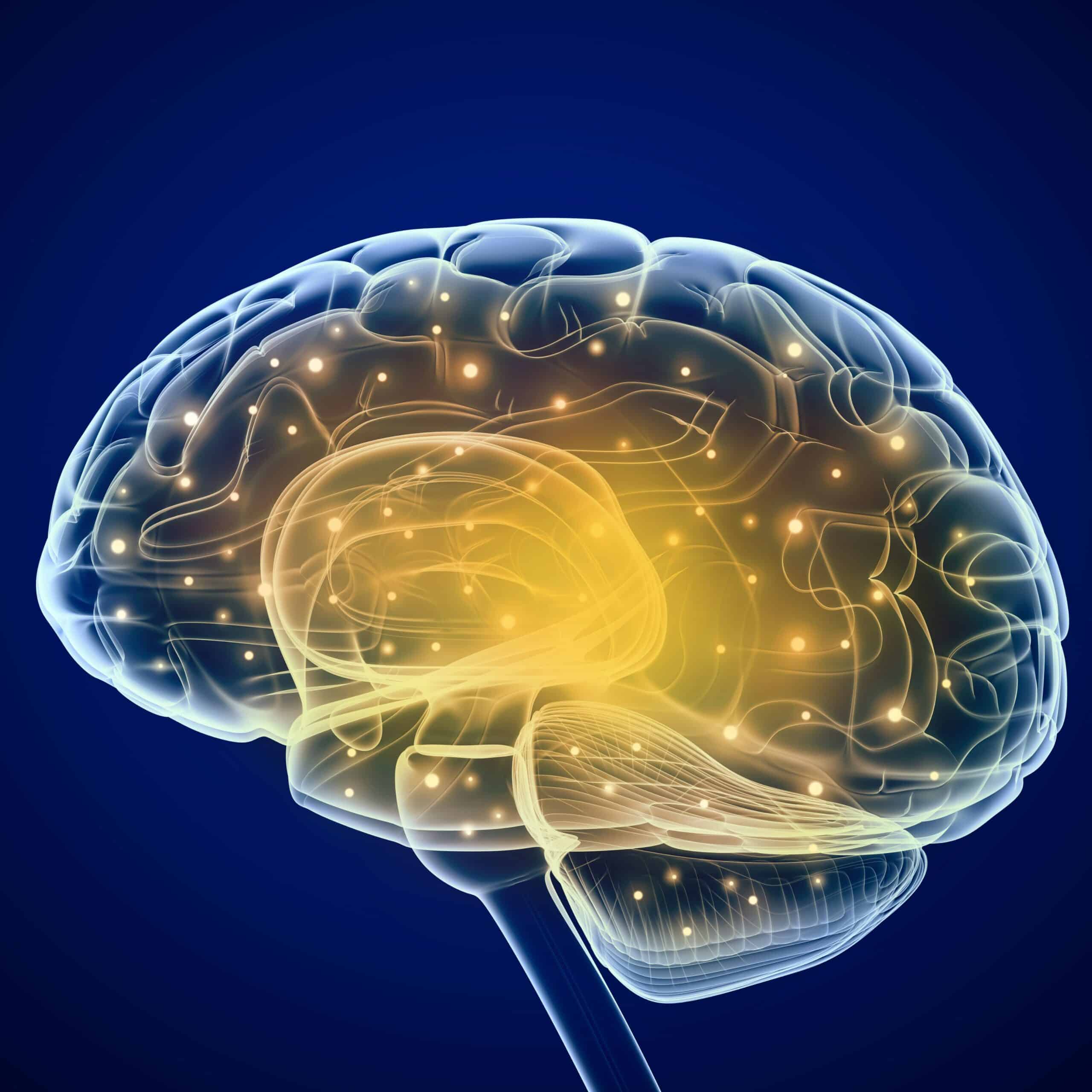Initially this selfish brain prioritization theory was used to gather information on obesity, but now it’s also connected to how the brain functions to support bodily activities.
University of Cambridge researched tested this theory by asking a team of rowers to simultaneously do memory tasks while doing physical rowing; results showed participant physical ability was significantly lower than memory performance while doing the test. Researchers concluded while the rowers were multitasking the brain did take more resources to be able to function better.
Findings suggest as the brain can demand resources we may not have an innate level of intelligence. As the brain does take the energy it needs first from the body’s resources, it may be possible that energy can be used to continue to improve cognitive abilities into adulthood.
Exercise and eating well provide the body with nutrients and activity to keep the body and mind healthy. The link between food intake and brain function has been explored and well established. Exercise routines like 30 minute moderate intensity aerobic sessions have been shown to increase neuroplasticity which is responsible for the ability to learn new things.
Providing a goal to achieve a certain level of intelligence can be helpful for motivation; never think that your IQ level will remain the same throughout life, rather think of it as a work in progress that it can be improved through constant learning and experience.
Mycibacterium vaccae a natural bacterium found in dirt has been shown to effectively increase cognitive function, and has been linked to neuron growth, increased serotonin levels, and reduced anxiety. By going outside and simply breathing you can ingest this helpful bacterium that may be beneficial to the brain.
Exercising the brain with activities such as games like crosswords, puzzles, and Sudoku may help improve cognitive abilities and help to train the brain when it comes to learning and acquiring new skills.
The brain plays a huge role in terms of organizing memories, it essentially decides which short term memories to keep and eventually connect to long term memory storage. Getting enough sleep provides the brain with an extra boost to do this function which can be related to retaining new information or skills.
Contrary to the age old saying of people only using 10% of our brain capacity people actually use almost all if not 100% of their brains every day, and according to studies running out of brain cells is impossible as the brain produces thousands of neurons each month replacing dead brain cells; brains of those in their 80s and 90s have just as many neurons as those in their 50s, however the brain shrinks 10% by the age 90.




